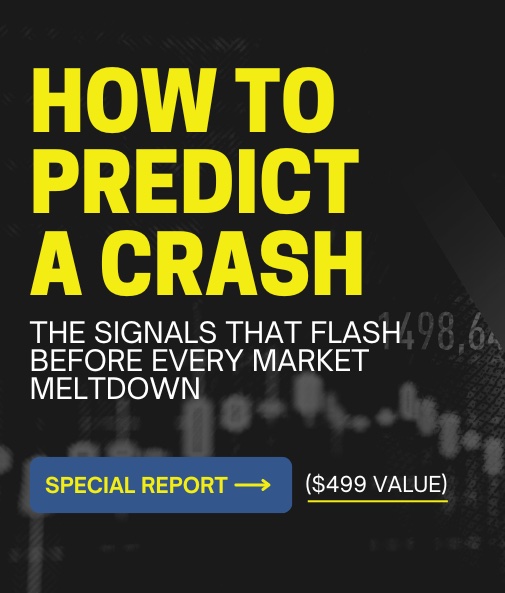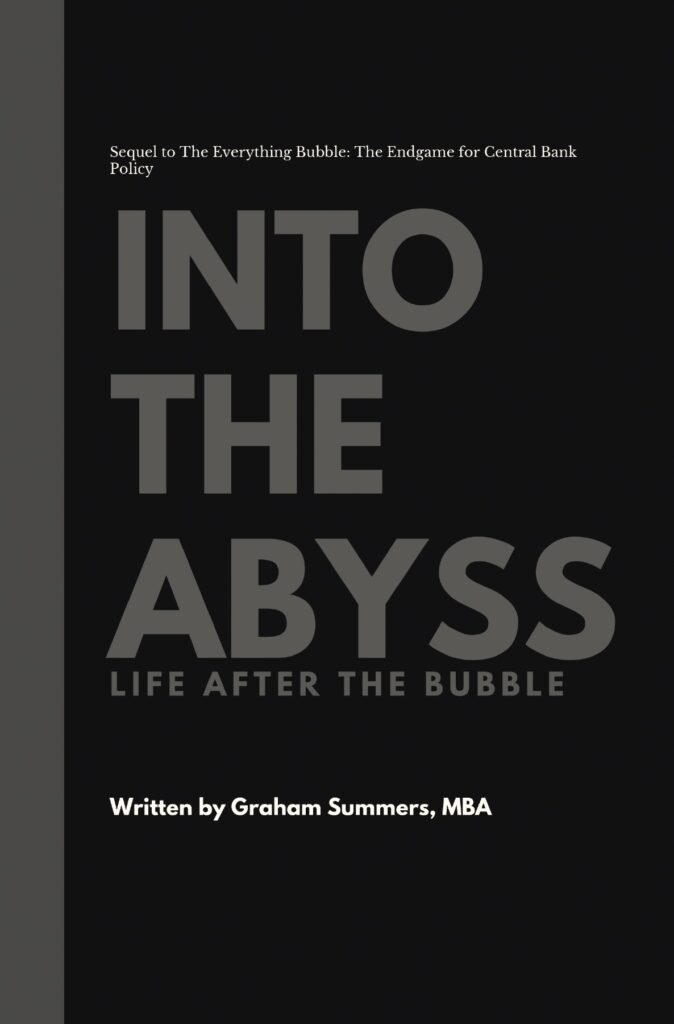Graham’s note: this is an excerpt of a client letter I sent out to subscribers of Private Wealth Advisory regarding the real threats Greece poses to the world financial system. The primary point is that the mainstream media is massively underplaying the true threats here. To learn more about Private Wealth Advisory, CLICK HERE.
The financial world is awash with theories as to how significant the Second Greek Bailout is. I’m far less concerned with this (the Bailout accomplishes nothing of import and only puts off the coming Greek default by a short period). Instead, I think it much more important to ascertain the true exposure to Greek sovereign debt.
And what better place to start than the banking system of the one country that is playing hardball with Greece during this latest6 round of negotiations: Germany.
First off, the reports concerning German bank exposure to Greek debt are anything but reliable. For instance, according to the Bank of International Settlements German bank exposure to Greece is only $3.9 billion (though they state this is only on an immediate borrower basis).
This is a bit odd as according to The Guardian German banks have nearly 8 billion Euros’ worth of exposure to Greek debt. And they only include 11 German banks in their analysis. However, of those 11 banks, THREE of them have Greek exposure equal to more than 10% of their total outstanding equity.
Source: Guardian datablog
Let’s consider Commerzbank as an example. Let’s say Greece defaults and creditors get 20 cent on the dollar (this is likely wishful thinking). This means Commerzbank now faces 2.3 billion Euros’ worth of write-downs on its Greek holdings… which means it’s wiped out 21% of its entire equity… which pushes its leverage levels through the roof and most likely renders it totally insolvent (there is no way Greece is the only toxic junk this bank owns).
Mind you, I’m just doing back of the envelope analysis here. But this might explain the following story:
Berlin May Have to Nationalize Giant Commerzbank
… If Commerzbank CEO Martin Blessing could make one wish, he would presumably ask for a few billion euros, or that someone would take the bank’s ailing subsidiary Eurohypo off his hands, or that the entire sovereign debt crisis would simply disappear.
But banks, along with their managers and owners, are not allowed to pin their hopes on miracles. They need money, as quickly as possible. And since Commerzbank’s survival is at stake once again, the major shareholder in Berlin is thinking the unthinkable: One-quarter of Germany’s second-largest financial institution already belongs to the state; now the government is considering fully nationalizing the bank if necessary.
http://www.spiegel.de/international/business/0,1518,801827,00.html
So… based on this brief analysis right off the bat we know the following:
1) The Bank of International Settlements is either completely clueless about the risks posed to the financial system by PIIGS’ debt OR intentionally downplays those risks (neither is good).
2) The Guardian’s datablog (which obtains all of its data from publicly accessible records) somehow comes up with numbers that are dramatically different (and higher) from those published by the Bank of International Settlements.
In my next article, I’ll show how even The Guardian’s numbers are far too small. But suffice to say, it’s clear right off the bat that the Greece situation is a much bigger deal than most investors realize. Indeed, if the Greece debt restructuring does trigger a credit event, we could very well see a Crisis that makes 2008 look like a joke.
On that note, if you have not already taken steps to prepare for the next round of the Crisis now is the time to do so while the system is still holding together.
I can show you how with my Private Wealth Advisory newsletter.
Private Wealth Advisory is my bi-weekly investment advisory designed to help investors outperform the market and avoid critical portfolio risks at all times.
Case in point, my clients MADE money in 2008. They also profited beautifully from the May 2010 Euro Crisis, outperforming the S&P 500 by 15% at that time.
And in 2011, while most investors were whipsawed this way and that, the Private Wealth Advisory model portfolio returned 9%, crushing the S&P 500’s 0%.
Every annual Private Wealth Advisory subscription comes with 26 bi-weekly investment reports (usually 15-20 pages each). These reports all feature my best research regarding macroeconomics, financial developments and geopolitical impact on the markets.
In plain terms I lay out what’s really happening in the markets as well as which investments to buy and sell to insure you’re maximizing your returns.
In this manner, my clients are always abreast of what’s happening behind the scenes in the markets. Even more importantly they’re making REAL money on their investments, while avoiding risk (again, we’ve just closed out 34 straight winners).
To find out more about Private Wealth Advisory and how it can help you grow your portfolio during these trying times…
Graham Summers





